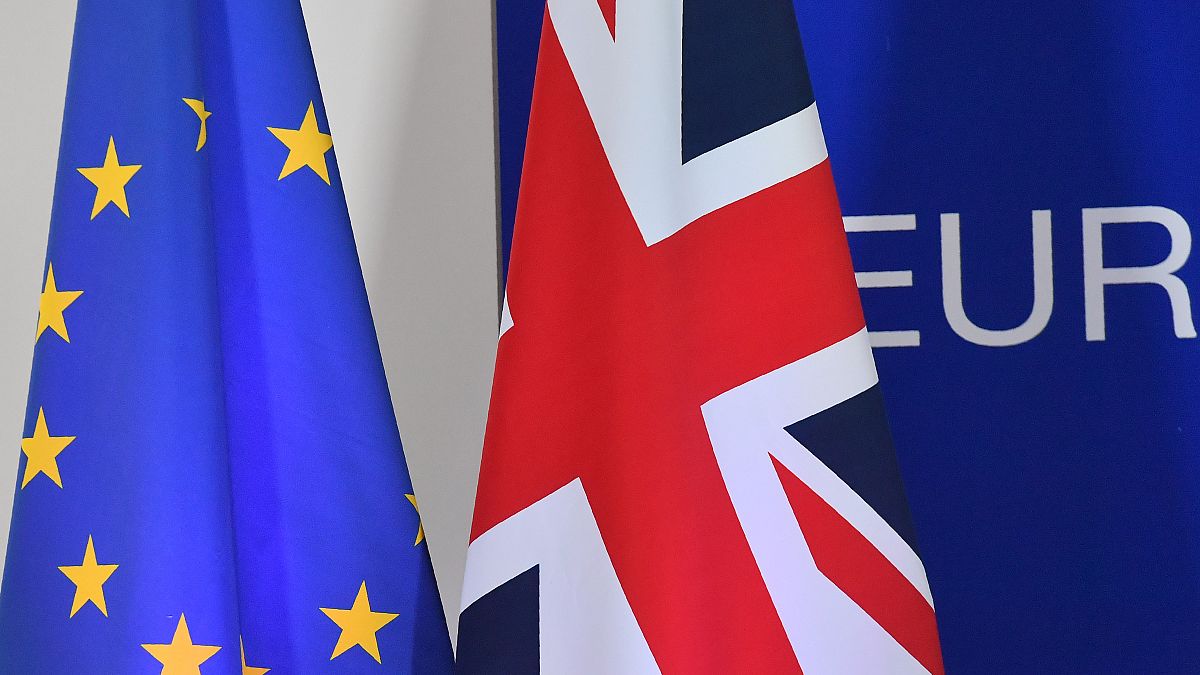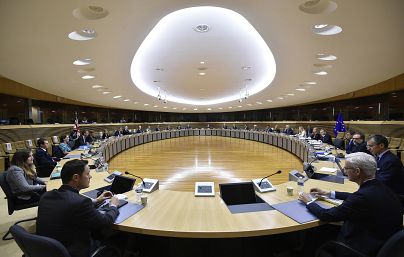The UK and EU are trying to agree to a new trade deal before a December 31 deadline but have clashed on issues such as regulations for businesses and the fishing industry.
Brexit talks between the European Union and the United Kingdom will resume Monday after talks ended in deadlock last week and as time runs out for the sides to avoid a difficult split.
EU negotiator Michel Barnier will be hosted in London for the talks.
After what should have been five days of negotiations in Brussels ending a day early last week, Barnier said on Friday “serious divergences remain” in reaching a deal.
Meanwhile, German Chancellor Angela Merkel said Wednesday, as her country took the EU's rotating presidency, that the bloc "should prepare for the case that an agreement is not reached".
The UK left the EU on January 31 but will stay inside the tariff-free economic zone until the end of 2020.
Both sides are trying to agree to a new trade deal before a December 31 deadline but have clashed on issues such as regulations for businesses and the fishing industry, with the UK opposed to EU demands for long-term access to British waters.
UK Prime Minister Boris Johnson said a "good deal" was possible. But he said the EU should recognise UK sovereignty.
If no agreement is reached by the deadline, trade agreements between the sides would revert to minimum standards set by the World Trade Organization, which would mean high tariffs and quotas for businesses.
Another key point for Brussels is a guarantee the UK will closely align its environmental standards, labour law and state aid policy with the EU's.
"I am not remotely disrespectful of Michel or the EU system that I understand deeply," Johnson told LBC Radio last week.
"I just don't think that it's right for us to proceed on the basis of the European Court of Justice continuing to arbitrate in the UK or us having to continue to obey EU laws when we are out of the EU."

